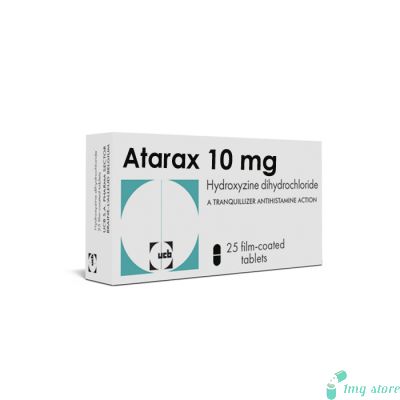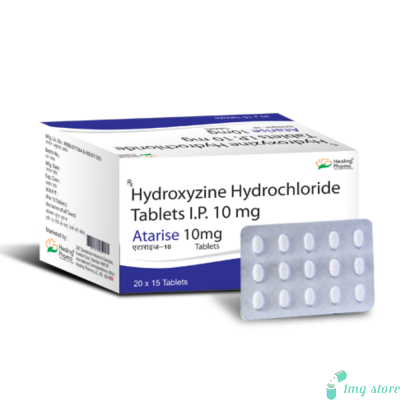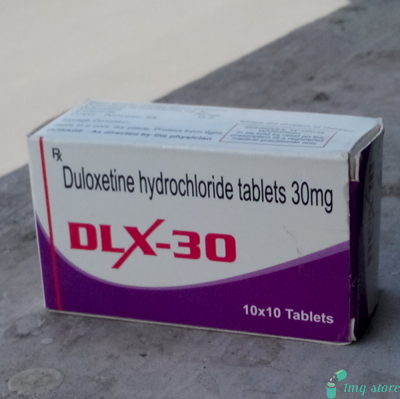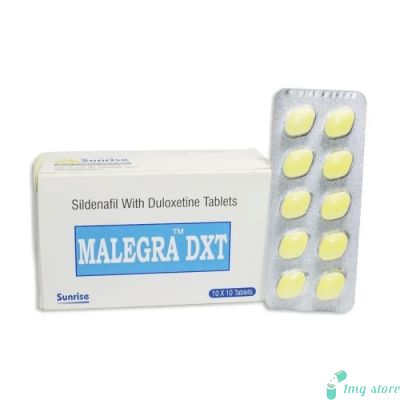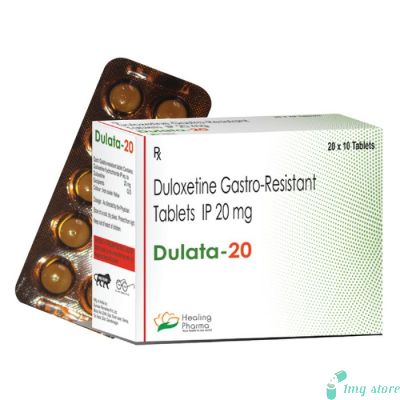Pexep CR Tablet (Paroxetine)
Pexep CR Tablet, also known by its generic name Paroxetine is a prescription medicine used to treat depression and anxiety-related conditions like OCD, and panic disorder. It is also sold under the brand name Paxil.
| USA Brand Name | Paxil |
| Strength | 10mg, 12.5mg, 20mg, 25mg, 30mg, 37.5mg, 40mg |
| Generic Name | Paroxetine |
| Manufacturer | Intas Pharmaceuticals Ltd. |
| Storage | Store below 30°C |
What is Pexep CR Tablet (Paroxetine)?
Pexep CR Tablet contains Paroxetine, an antidepressant medicine that belongs to the class of drugs called selective serotonin reuptake inhibitors (SSRIs). It is commonly used to treat various mental health conditions, including depression, anxiety disorders, panic attacks, and obsessive-compulsive disorder (OCD). Paroxetine works by increasing serotonin levels in the brain, which helps to maintain mental balance.
Pexep CR is a controlled-release product, the active medicine is released at a constant rate over a certain period of time, thus keeping the concentration constant in the body.
How to take Paroxetine?
- Dosage: Paroxetine is available in different strengths, such as 20mg Paroxetine. Take the tablet exactly as prescribed by your doctor. Do not change the dosage without medical advice.
- Timing: It is typically taken once daily, ideally at the same time every day. Morning is often recommended to avoid interference with sleep.
- Swallow Whole: Swallow the tablet whole and do not divide it into pieces by crushing, chewing, or breaking it. Take it in whole with a glass of water.
- With or Without Food: It can be taken with or without food. If it causes stomach upset, taking it with food may help.
- Consistency: For the best results, take the tablet regularly. Do not skip doses. If you are considering starting your treatment, you can buy paroxetine online after consulting with your doctor.
- Duration: Do not stop taking the medicine suddenly, even if you feel better, unless instructed by your doctor. Stopping abruptly may cause withdrawal symptoms.
Precautions
- Inform your doctor about any medical history (liver, kidney, heart issues, seizures).
- Disclose any allergies, especially to Paroxetine.
- Consult your doctor if you are pregnant, planning pregnancy, or breastfeeding.
- Avoid alcohol consumption while on paroxetine.
- Be cautious when driving or operating machinery, as it may cause drowsiness or dizziness.
- Discuss all current medicines, supplements, and herbal products with your doctor.
- Watch for mood changes and report any suicidal thoughts immediately.
- Do not stop the medicine suddenly.
What is paroxetine used for?
Paroxetine is used to treat a variety of mental health conditions, including:
- Depression
- Anxiety disorders
- Panic disorder
- Obsessive-compulsive disorder (OCD)
- Post-traumatic stress disorder (PTSD)
- Social anxiety disorder (social phobia)
It works by increasing serotonin levels in the brain, which helps improve mood and reduce symptoms of these conditions.
Paroxetine Side Effects
Common side effects of Paroxetine may include:
- Nausea
- Drowsiness or dizziness
- Dry mouth
- Sweating
- Loss of appetite
- Weight changes
- Constipation or diarrhea
- Insomnia or difficulty sleeping
- Serious side effects may include:
- Mood changes, including increased anxiety or agitation
- Suicidal thoughts, especially in young adults
- Tremors or shaking
- Blurred vision
- Difficulty urinating
- Unexplained bruising or bleeding
- Seizures
If you experience any serious side effects, contact your doctor immediately.
FAQ’s
Q1: How long does Paxil (Paroxetine) take to work for anxiety?
A: Paxil (Paroxetine) usually takes 2 to 4 weeks to start working for anxiety.
Q2: Is 20 mg of Paxil (Paroxetine) a low dose?
A: For Paxil (Paroxetine), 20 mg is generally considered a standard starting dose for treating anxiety, not necessarily low.
Q3: Is Paxil (Paroxetine) addictive?
A: Paxil (Paroxetine) is not considered addictive, but it can cause dependence, and sudden discontinuation may lead to withdrawal symptoms.
Q4: Can Paxil (Paroxetine) cause weight gain?
A: Yes, Paxil (Paroxetine) can cause weight gain in some individuals.
Q5: Is 40mg of paroxetine a high dose?
A: A 40 mg dose of Paroxetine is considered a higher dose, often used for more severe cases.
Paroxetine Interactions
Paroxetine can interact with other medications and substances. Common interactions include:
- Other Antidepressants: Combining with SSRIs, MAO inhibitors, or tricyclics may increase the risk of serotonin syndrome.
- Blood Thinners: Aspirin or warfarin can raise bleeding risks.
- NSAIDs: Drugs like ibuprofen may also increase bleeding risk.
- Alcohol: Can heighten drowsiness and dizziness.
- Antiepileptic Drugs: These may boost side effects or reduce Paroxetine's effectiveness.
- Herbal Products: St. John’s Wort may interfere with Paroxetine.
| Manufacturer | : | Intas Pharmaceuticals Ltd |
| Equivalent Brand | : | Paxil |
| Generic Search | : | Paroxetine |









